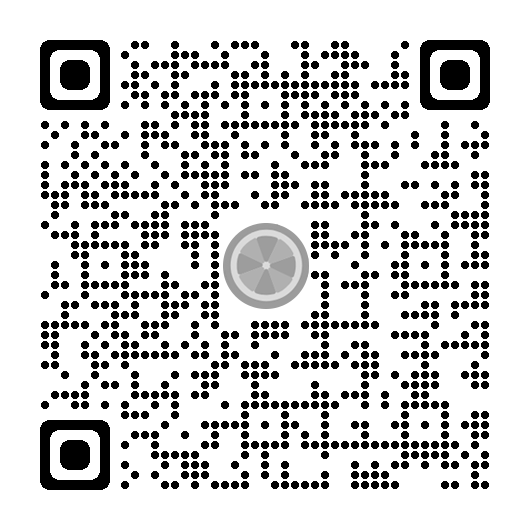Composing a Title
Barry Mauer and John Venecek
We discuss the following topics on this page:
We also provide the following activities:
 Composing a Title[1]
Composing a Title[1]
Once you formulate your thesis statement, you will be prepared to create a title for your research project. Think of your title as a tool that helps other scholars select materials that best fit their needs. For example, if your title does not include the name of the literary work you are discussing, the author’s name, the theory, or method that you are using, your title may not be clear enough to help another researcher make a choice. Your paper may fit their needs perfectly, but if you do not include enough information in your title, that researcher is likely to skip over your work.
Your title can include a reference to your thesis statement. The title can thus function as an additional way of stating an argument, and help your reader know what to expect from your paper.
 Example [Composing a Title]
Example [Composing a Title]
- “The Figure of the Couple: Enabling Supplementarity in Samuel Beckett’s Krapp’s Last Tape (1958)” Michelle Charalambous
- “An EcoGothic Reading of Hawthorne’s ‘Young Goodman Brown’ and ‘Roger Malvin’s Burial’” Narmin Talebpour Sheshvan & Farah Ghaderi
- “Prosthetic Performatives: Reading Disability’s Discomfort Through Emotives and Affect Patterns in Jane Eyre” Andries Hiskes[2]
Titles of scholarly papers often have two parts divided by a colon. One part identifies a theme and the other identifies the literature and key concepts discussed in the research.
For more advice on Crafting Effective Titles, consider the following from WritingCommons.org:[3]
- The title reflects on your identity as a scholar (ethos).
- Consider the type of essay– There’s a big difference in titles depending on what type of paper you’re writing.
- Grab the audience’s attention.
- Match your title with the conversation you’re entering.
- Keep it scholarly.
- Parallel the research question.
- Consider longer, more descriptive titles.
 Composing a Title [Refresher]
Composing a Title [Refresher]
If you are using an offline version of this text, access the quiz for this section via the QR code.

 Exercises
Exercises
- Compose a title for your research project.
- In the “Back Matter” of this book, you will find a page titled “Rubrics.” On that page, we provide a rubric for Composing a Title. ↵
- Textual Practice, Volume 35, Issue 12 (2021) Volume 35, 2021 ↵
- Lamothe, John. “How to Win Papers and Influence Professors: Creating Positive First Impressions Through Effective Titles.” Writing Commons, 17 Sept. 2021, https://writingcommons.org/article/how-to-win-papers-and-influence-professors-creating-positive-first-impressions-through-effective-titles/. ↵

